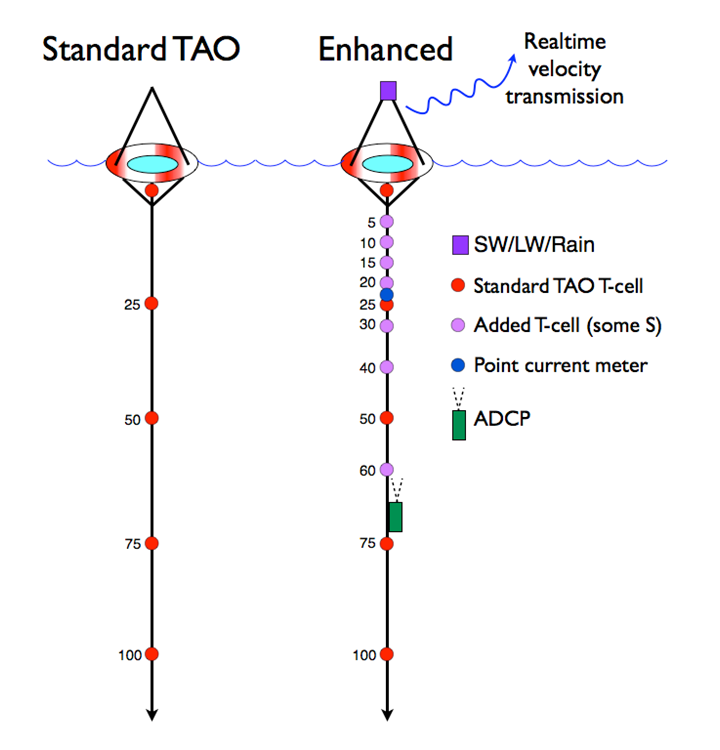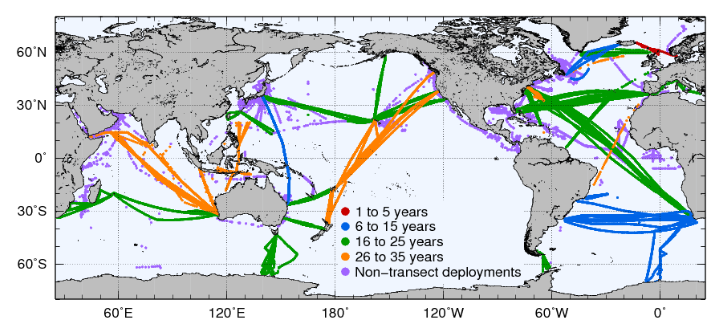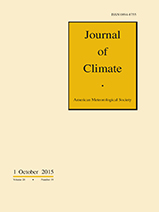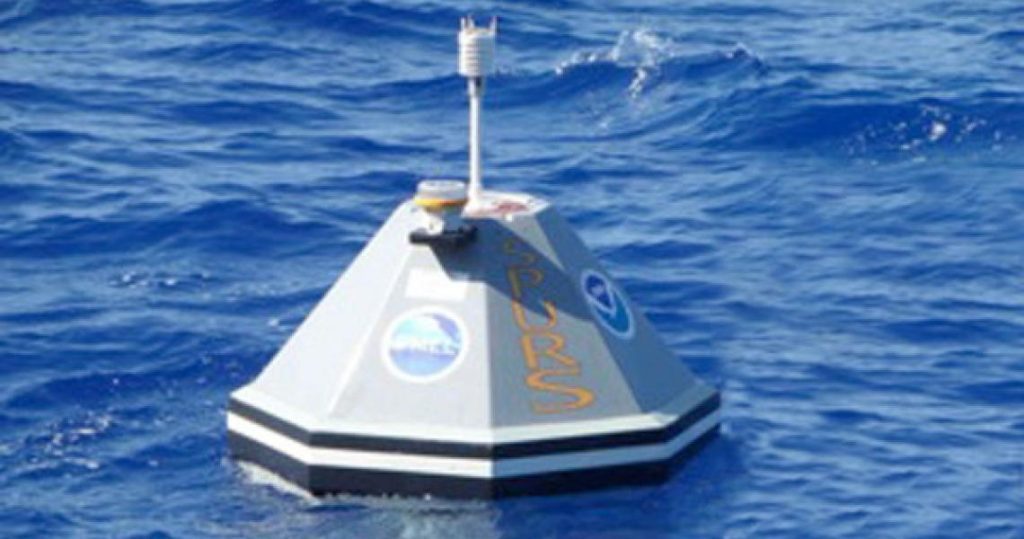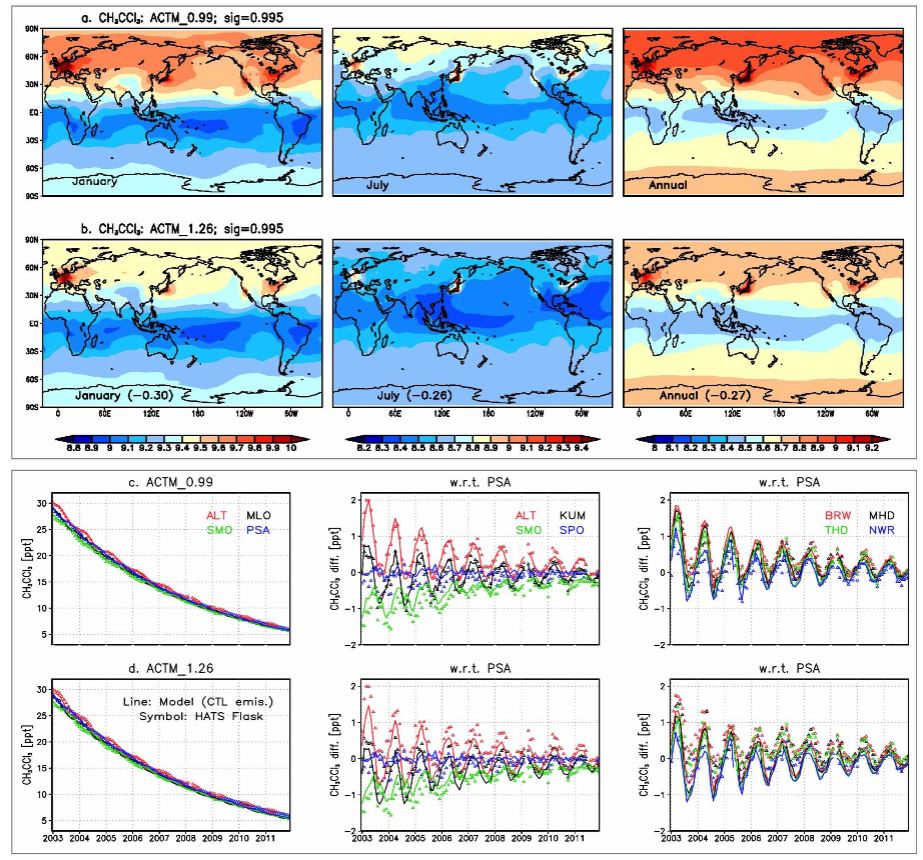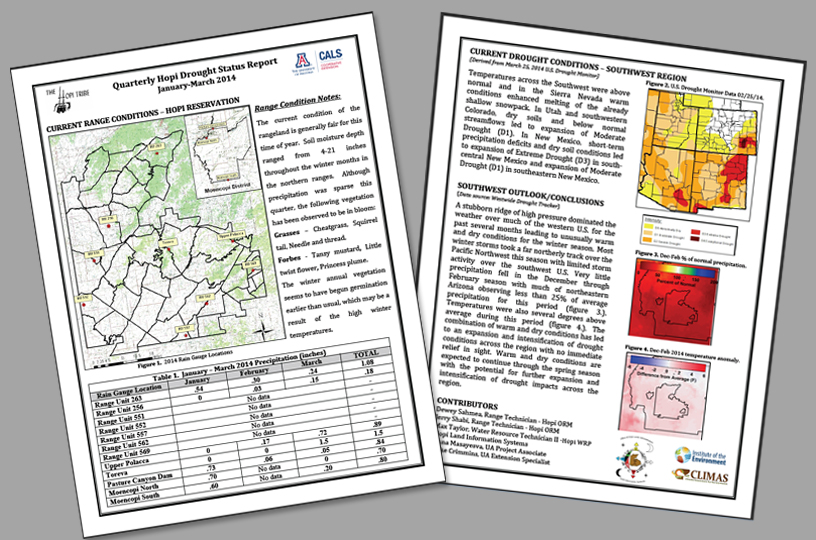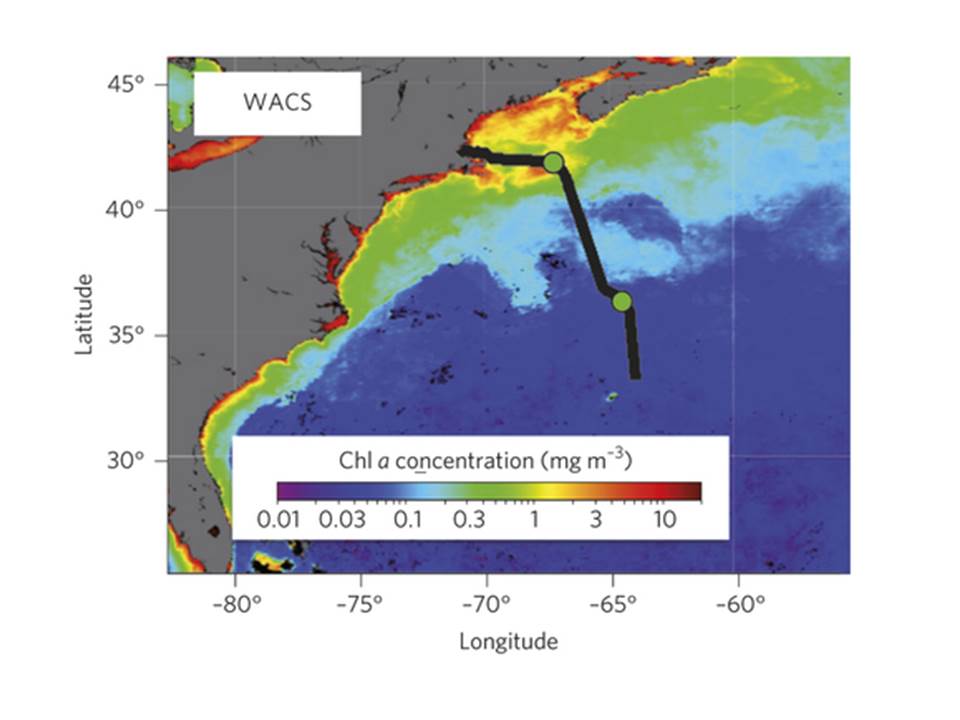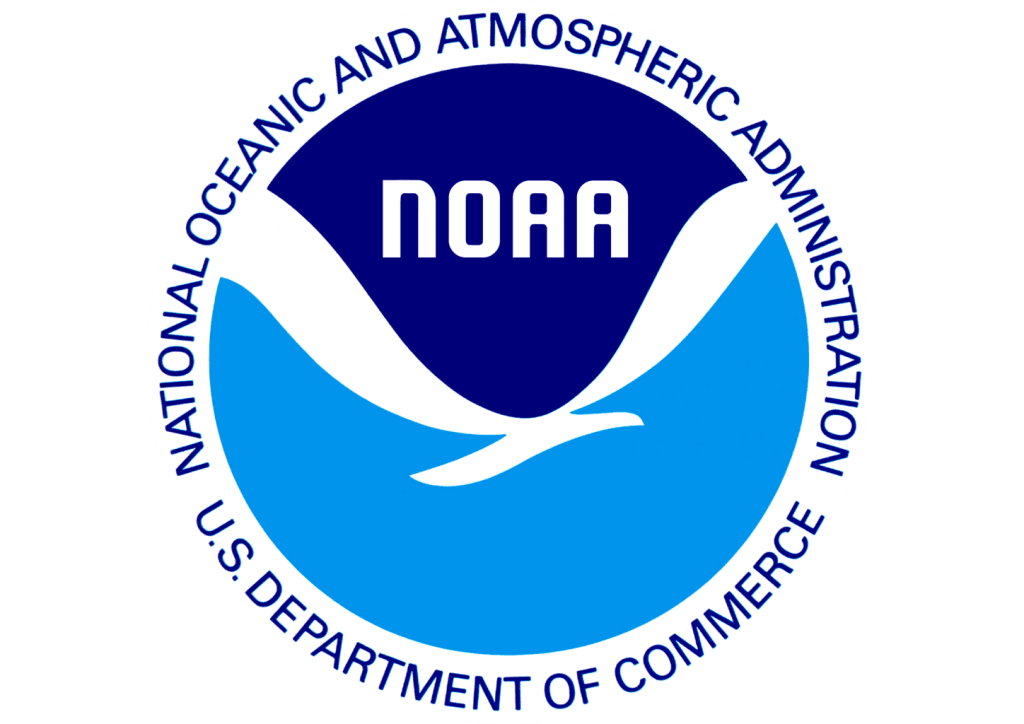New CVP Webinar Series Will Highlight Results from Recent Tropical Pacific Research
The webinar series runs from September 22 to November 10, and will highlight recent results from CVP-funded research projects.
New CVP Webinar Series Will Highlight Results from Recent Tropical Pacific Research Read More »




